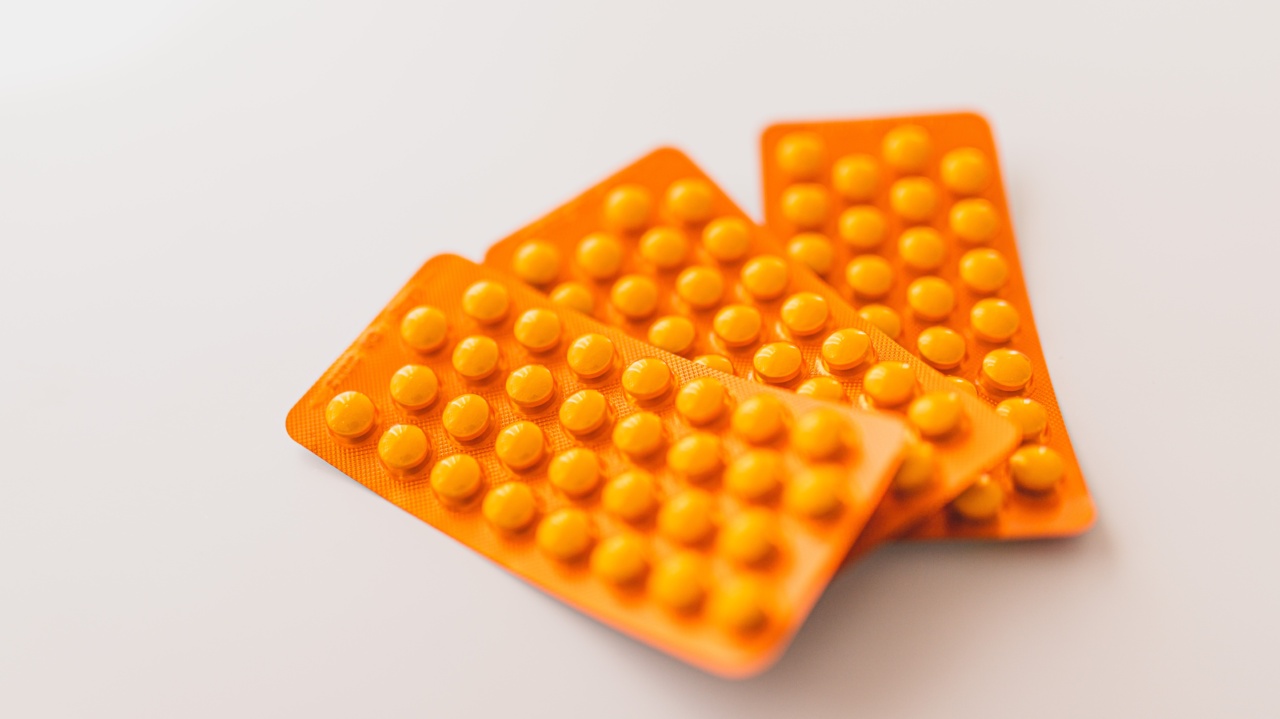Sinus headaches can be incredibly painful and disruptive, causing discomfort and making it difficult to concentrate or go about your daily activities.
These headaches are often a result of sinus congestion and inflammation, which can be caused by allergies, colds, or sinus infections. While over-the-counter medications can provide temporary relief, there are also several natural remedies that can help ease the discomfort associated with sinus headaches.
In this article, we will explore four effective remedies that can provide relief and help you get back to feeling like yourself again.
1. Steam Inhalation
One of the simplest and most effective ways to relieve sinus congestion and ease a sinus headache is through steam inhalation. Steam helps to moisten and soothe the nasal passages, reducing inflammation and promoting sinus drainage.
Here’s how you can do it:.
– Boil a pot of water and remove it from the heat.
– Place a towel over your head and lean over the pot, allowing the steam to surround your face.
– Breathe deeply through your nose for about 10 minutes. Be careful not to get too close to the hot water.
You can add a few drops of eucalyptus or peppermint essential oil to the water for added relief. These oils have natural anti-inflammatory properties and can help open up the nasal passages, allowing for easier breathing.
2. Nasal Irrigation
Nasal irrigation, also known as nasal rinsing, is a technique that involves flushing out the sinuses with a saline solution. This helps to remove excess mucus, allergens, and irritants that may be causing sinus congestion and headaches.
Here’s how to perform nasal irrigation:.
– Mix 1/4 teaspoon of non-iodized salt and a pinch of baking soda into 8 ounces of warm distilled water.
– Fill a neti pot or squeeze bottle with the saline solution.
– Lean over a sink and tilt your head to the side.
– Insert the spout of the neti pot or squeeze bottle into your nostril and gently pour the solution into your nasal passage.
– Allow the saline solution to flow through your nasal passage and out of the other nostril.
– Repeat on the other side.
Nasal irrigation should be performed with distilled water or water that has been boiled and cooled to avoid introducing bacteria or other contaminants into the sinuses. It can be done once or twice a day, depending on your level of congestion.
3. Warm Compress
Applying a warm compress to your sinus area can help reduce inflammation and relieve the pain associated with sinus headaches. The warmth increases blood flow to the area, promoting healing and providing comfort. Here’s how to use a warm compress:.
– Soak a clean towel or washcloth in warm water.
– Wring out the excess water.
– Fold the towel or washcloth and place it over your sinuses, focusing on the areas where you feel the most pain or pressure.
– Leave the warm compress on for about 10-15 minutes.
You can repeat this process as needed throughout the day to alleviate the discomfort caused by sinus headaches. Some individuals find relief by alternating between warm and cold compresses, as the cold can also help reduce inflammation.
4. Stay Hydrated
Keeping yourself well-hydrated is an essential aspect of sinus headache relief. Drinking plenty of fluids helps to thin out mucus, making it easier to expel from the nasal passages and reducing congestion.
Opt for water, herbal teas, and clear broths to stay hydrated. Avoid caffeinated and sugary beverages, as they can have a dehydrating effect.
In addition to drinking fluids, using a humidifier in your home or workplace can also help keep your nasal passages and sinuses moisturized. Dry air can irritate the nasal passages, aggravating sinus congestion and causing headaches.
Aim to maintain a humidity level between 30% and 50% for optimal comfort.
Conclusion
Sinus headaches can be incredibly debilitating, but there are several natural remedies you can try to ease the discomfort.
Steam inhalation, nasal irrigation, warm compresses, and staying hydrated can all provide relief from sinus congestion and inflammation, reducing the intensity and duration of your headaches. It’s important to remember that these remedies may not be a cure-all and that severe or persistent symptoms should be addressed by a healthcare professional.
However, incorporating these remedies into your routine may help alleviate sinus headache discomfort and improve your overall well-being.






























